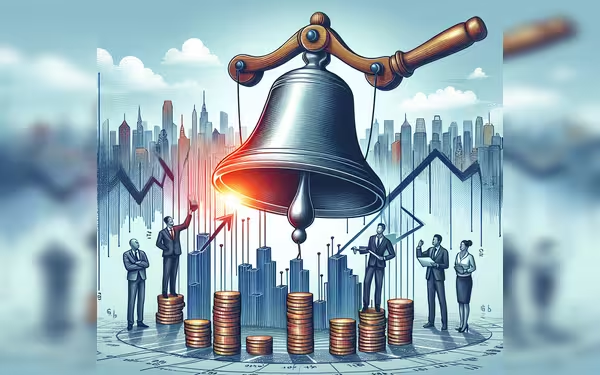Tuesday, July 2, 2024 03:27 PM
IMF's Warning: Pakistan's Economy in Dire Straits
- Staggering inflation rate of 24.8 percent post devastating floods
- Challenges of stagflation, low investment levels, and trade imbalance
- IMF bailouts offer temporary respite but not a long-term solution
 Image Credits: Profit by Pakistan Today
Image Credits: Profit by Pakistan TodayPakistan's economy faces severe challenges with high inflation, low growth, and reliance on IMF support. Strategic reforms and inclusive policies are crucial for economic recovery and unlocking the country's true potential.
Pakistan's economy has been navigating through turbulent waters, with recent setbacks exacerbating existing issues. The devastating floods in 2022-23 have left a lasting impact, contributing to a staggering inflation rate of 24.8 percent, as highlighted by the International Monetary Fund. Particularly concerning is the food inflation rate, which has soared to 25 percent, surpassing levels seen in neighboring countries.
One of the key challenges Pakistan is grappling with is stagflation, a situation characterized by high inflation and low economic growth. This is further compounded by low investment levels, which stood at 13.6 percent of the Gross Domestic Product in 2024. The country's trade imbalance, marked by high imports and low exports, has led to a depreciation of the rupee, adding to the economic woes.
The reliance on the IMF for economic support has become a recurring theme, albeit with stringent conditions that disproportionately impact the middle and lower classes while favoring the political elite. The burden of IMF loans is weighing heavily on the poor, with an estimated $25 billion needed to repay foreign debts with interest. Concerns about a potential default have been raised by credit rating agencies like Moody's, prompting some to emigrate from Pakistan in 2023 due to the soaring inflation rates.
While IMF bailouts offer temporary respite, they are not a long-term solution. To foster sustainable economic growth, the government must address political challenges by fostering collaboration with opposition parties. Prioritizing support for the IT sector and providing technical education to the youth, who form a significant portion of the population, is crucial. Tackling youth unemployment, which contributes to brain drain and impedes economic progress, is a pressing issue that needs attention.
Comparatively, India's youth play a pivotal role in the economy, underscoring the untapped potential within Pakistan. It is imperative for politicians to prioritize national interests over partisan politics and involve economists in decision-making processes to pave the way for economic recovery.
The economic landscape in Pakistan is fraught with challenges, but there is hope for a brighter future through strategic reforms and inclusive policies. By addressing the root causes of economic instability and fostering a conducive environment for growth, Pakistan can unlock its true potential and pave the way for a more prosperous tomorrow.













